The CAN-DO Foundation benefits from the advice, experience and guidance of our Advisory Board members, who collectively bring a wealth of knowledge and passion to our collective cause to bring about criminal justice reform, end mass incarceration and identify and/or assist with cases who are seeking justice through clemency. Together we CAN-DO this!
Sam Morison Former Staff Attorney at the Pardon Office
Mark Osler Former Federal Prosecutor turned Law Professor and Clemency Expert
Diane Goldstein Exec Board Member for Law Enforcement Action Partnership
Eric Sterling Former Counsel U.S. House of Representatives Committee on Judiciary
Nora Callahan Founder of November Coalition – a prison outreach organization
Norm Stamper Former Police Officer and Seattle’s Former Chief of Police
Jason Hernandez Founder of Crack Open the Door
Sam Morison
Sam Morison provides invaluable insight and expertise with regard to the entire pardon process, having worked at the Office of the Pardon Attorney (OPA) for 13 years.
Sam Morison has practiced law for more than 20 years and is a nationally recognized expert on federal executive clemency and the restoration of civil rights. He is a member of the North Carolina and District of Columbia bars, and is admitted to practice before several federal district and appellate courts. He graduated with honors from the University of North Carolina School of Law, and then served as a law clerk for Judge William Osteen, Sr. on the United States District Court for the Middle District of North Carolina. After clerking, he practiced law for five years with two leading law firms in Washington, D.C., where he handled a range of litigation matters in several substantive areas, including white collar crime.
Mr. Morison then served for 13 years as a staff attorney in the Office of the Pardon Attorney, which is the agency within the U.S. Department of Justice that is responsible for assisting the President in the exercise of the pardon power. In this position, he was responsible for reviewing literally hundreds of clemency applications for all forms of executive clemency, including pardon after completion of sentence, commutation (reduction) of sentence, and remission of fine; supervising the necessary background investigations conducted by the Federal Bureau of Investigation to determine whether an applicant was a suitable candidate for executive clemency; and preparing the Pardon Attorney’s recommendation to the President regarding the disposition of individual cases.
Prior to attending law school, Mr. Morison received a Bachelor of Arts in interdisciplinary studies from George Mason University, and more recently completed a Master of Arts in philosophy and social policy from American University. He has published widely in leading academic journals on a variety of topics, including the history and theory of executive clemency. He is also quoted frequently in the national press on the federal clemency process. Based on his experience, Mr. Morison is intimately familiar with all phases of the clemency advisory process implemented by the Office of the Pardon Attorney.
Learn more about Sam at his website www.pardonattorney.com.
Mark Osler
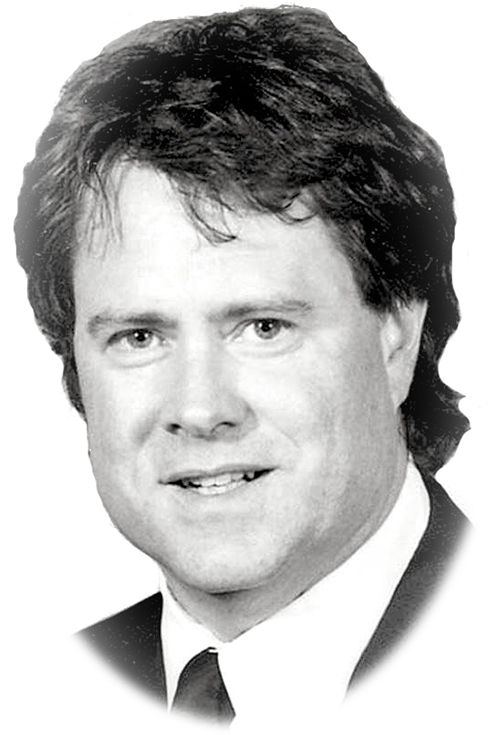 Professor Mark Osler’s work advocates for sentencing and clemency policies rooted in principles of human dignity. In 2016, the graduating class chose him as Professor of the Year, in 2015 he won the Dean’s Award for Outstanding Scholarship, and in 2013 he was awarded the Outstanding Teaching award.
Professor Mark Osler’s work advocates for sentencing and clemency policies rooted in principles of human dignity. In 2016, the graduating class chose him as Professor of the Year, in 2015 he won the Dean’s Award for Outstanding Scholarship, and in 2013 he was awarded the Outstanding Teaching award.
Osler’s writing on clemency, sentencing and narcotics policy has appeared in the New York Times, the Washington Post and in law journals at Harvard, Stanford, the University of Chicago, Northwestern, Georgetown, Ohio State, UNC, and Rutgers. His University of Chicago Law Review article (with Rachel Barkow) was highlighted in a lead editorial in The New York Times, in which the Times’ Editorial Board expressly embraced Barkow and Osler’s argument for clemency reform.
A former federal prosecutor, he played a role in striking down the mandatory 100-to-1 ratio between crack and powder cocaine in the federal sentencing guidelines by winning the case of Spears v. United States in the U.S. Supreme Court, with the Court ruling that judges could categorically reject that ratio. He has testified as an expert before the United States Sentencing Commission and the United States House Subcommittee on Crime, Terrorism and Homeland Security.
Osler’s 2009 book Jesus on Death Row (Abingdon Press) critiqued the American death penalty through the lens of Jesus’ trial. His second book, Prosecuting Jesus (Westminster/John Knox, 2016) is a memoir of performing the Trial of Jesus in 11 states. He serves as the head of the association of Religiously Affiliated Law Schools, and held the Byrd Preaching Chair at St. Martin’s-by-the-Lake Episcopal Church in 2012. He has given sermons in five states and for three different denominations. His current work on clemency and mercy is rooted in ideals of the Christian faith. In 2011, he founded the first law school clinic specializing in federal commutations, and he trained hundreds of pro bono lawyers for Clemency Project 2014.
The character of Professor Joe Fisher in the Samuel Goldwyn filmAmerican Violet was based on Osler, and in 2014 he was the subject of profiles inRolling Stone and The American Prospect. He is a graduate of the College of William and Mary and Yale Law School.
Diane Goldstein

Diane Goldstein
Diane Goldstein is a 21-year veteran of law enforcement from Redondo Beach, California. She started as a patrol officer and later became the first woman lieutenant for the City of Redondo Beach. Her numerous assignments included multi-agency task force work in gang and narcotics investigations and high-risk critical incident management.
Goldstein is a co-founder of the California Association of Hostage Negotiators (CAHN). She is a recognized leader in the area of crisis negotiations and development of training guidelines and policies for use during critical incidents, including the development of California Police Officer Standards and Training (POST) guidelines for the Basic Crisis Negotiator Course and Crisis Negotiations Core Competencies.
Long a believer in community policing, she was instrumental in the development and implementation of the School Resource Officer Program for Redondo Unified School District. She also worked to establish both a Student Law Academy at the high school as well as a Student Citizen’s Academy. She also volunteered as a mentor for the Bruce Randall Foundation as well as the Long Beach Bar Foundation Shortstop Program working with at-risk kids.
She is responsible for authoring citywide legislation and departmental policy as well as testifying at the request of Governor Pete Wilson in front of the California Council on Criminal Justice in 1995 on gang related violence.
She has received multiple awards including Officer of The Year (1998), Certificate of Commendation Service Award (1996), and the Herman Goldstein Excellence in Problem Solving Team Award (Honorary Mention 1996) by the Police Executive Research Foundation.
Since 2010, she has been a speaker for Law Enforcement Action Partnership (LEAP), a group of current and retired criminal justice professionals opposed to the drug war. She is now an executive board member for LEAP. She has a Bachelor of Arts in Legal Studies and is currently a graduate student at the University of Irvine, CA. Goldstein has appeared on numerous national and international television and radio programs as a political commentator. She is the author of many articles and op-eds on the issues of drug policy, criminal justice, and law enforcement reform.
Her work has been featured at the Sacramento Bee, The San Francisco Chronicle, Alternet, Pacific Standard, and The Voice of Orange County. She is a regular blogger for the Huffington Post, Ladybud Magazine, Substance.com, and The Orange Juice Blog. She is a widely sought guest lecturer and ha
Eric Sterling
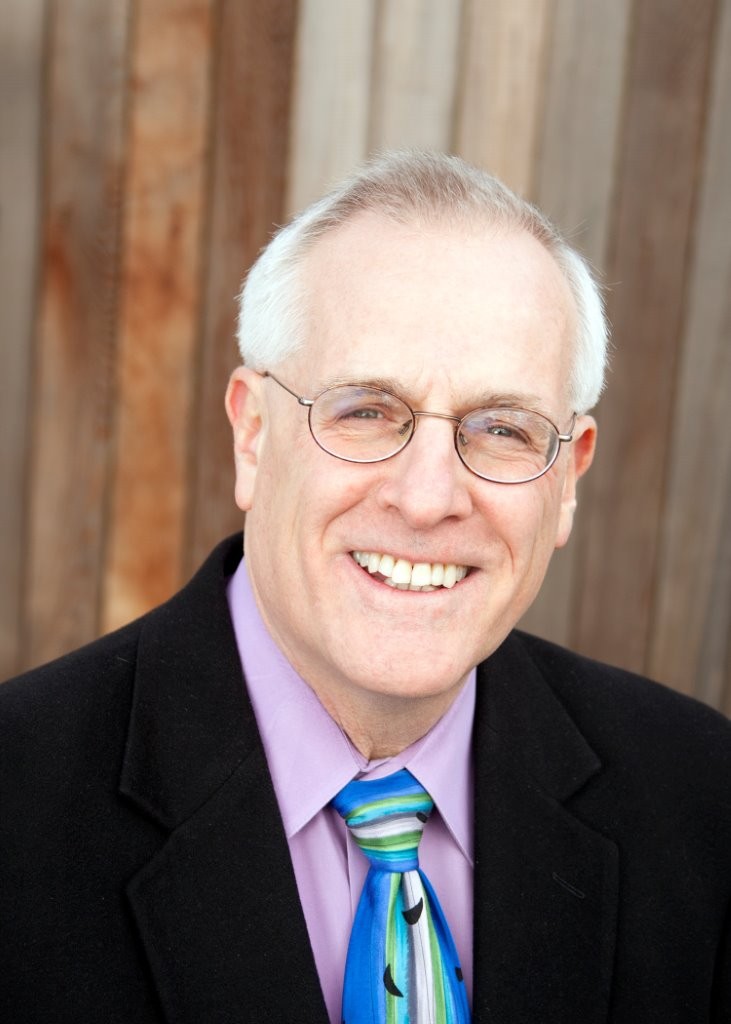
Eric Sterling, Criminal Justice Policy Foundation
Since 1989, Eric E. Sterling has been the President of The Criminal Justice Policy Foundation, a private non-profit educational organization that helps educate the nation about criminal justice issues and failed global drug policy.
Mr. Sterling is admitted to the Supreme Court of the United States and the Supreme Court of Pennsylvania (inactive). He has served on the adjunct faculty of George Washington University and American University in Washington, D.C. He has contributed to seven books, including Cannabinomics: The Marijuana Policy Tipping Point (2010), How to Legalize Drugs (1998), and Entheogens and the Future of Religion (1997).
He is in his third term on the Alcohol and Other Drug Abuse Advisory Council of Montgomery County, MD, and has completed two terms as Chair. In 2013, he was appointed by Maryland’s former Governor, Martin O’Malley, to serve on the Maryland Medical Cannabis Commission, where he is chair of the Policy Committee. He is co-Vice Chair of the Advisory Committee of the American Bar Association Health Law Section Task Force on Substance Use Disorders. In 1999 he was honored with the Justice Gerald LeDain Award for Achievement in the Field of Law by the Drug Policy Alliance (then the Drug Policy Foundation). In 2015, he was presented with NORML’s Lifetime Achievement Award “in recognition of a lifetime dedicated to reforming unjust marijuana laws and advancing the cause of personal freedom.”
Mr. Sterling helped found and serves on the board of directors of FAMM — Families Against Mandatory Minimums (Secretary), and Marijuana Majority (Vice-Chair). He also serves on the board of directors of Students for Sensible Drug Policy, and the Andean Information Network. Mr. Sterling serves on the advisory boards of Law Enforcement Against Prohibition (LEAP), DrugSense, Drug Reform Coordination Network (DRCNet), and Flex Your Rights Foundation. He helped found FEAR — Forfeiture Endangers American Rights in 1993, the Marijuana Policy Project (MPP) in 1995, and the Interfaith Drug Policy Initiative in 2003, and served on their boards.
Mr. Sterling was Counsel to the U.S. House of Representatives Committee on the Judiciary from 1979 until 1989. He was a principal aide in developing the Comprehensive Crime Control Act of 1984, the Anti-Drug Abuse Acts of 1986 and 1988, and other laws. In the late 1970s, he was an assistant public defender in Delaware County, Pa. He is a graduate of Haverford College and Villanova University School of Law.
Nora Callahan
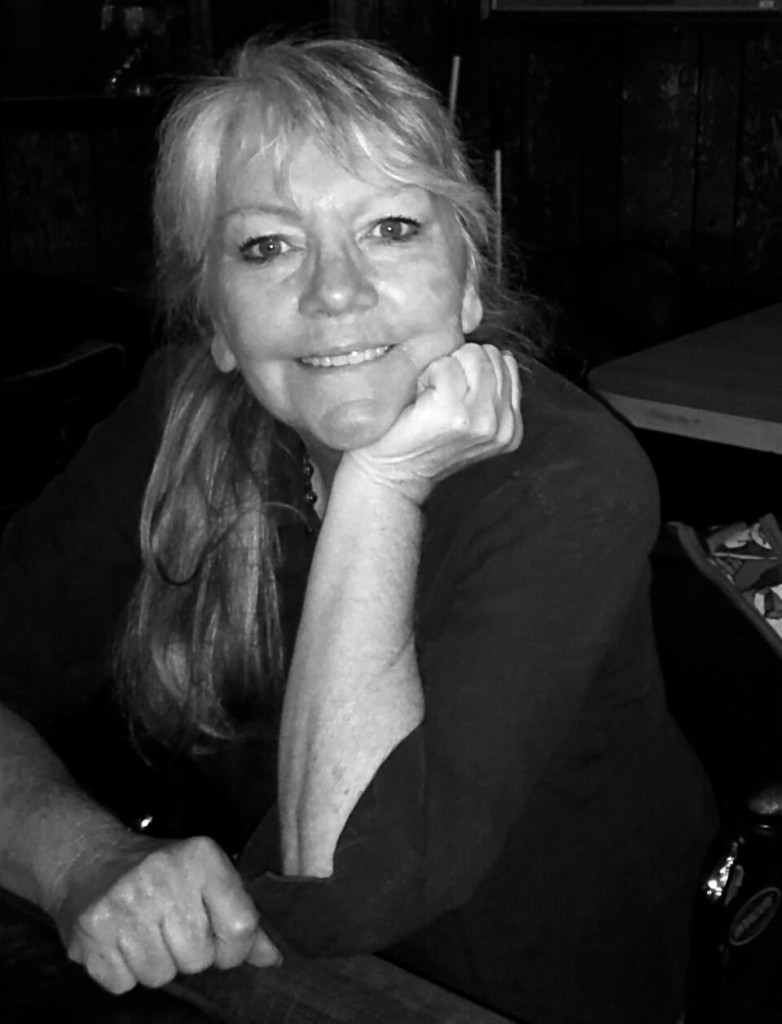
Nora Callahan
In 1997, Nora Callahan and her imprisoned brother, Gary Callahan founded the November Coalition, a group dedicated to ending the failed policies of the U.S. War on Drugs. Primarily people imprisoned on drug charges, the Coalition exposes the impact of current drug laws turning family member’s rage and sorrow into dignified, effective civil education and resistance.
The November Coalition authored the first free, and comprehensive guide to Grassroots Organizing, called Bottom’s Up in 1999, and for fourteen years, published The Razor Wire, a comprehensive newspaper chronicling the injustices of the drug war and national activities and activists intent on ending it. The November Coalition, long recognized for their collective work was accorded the 1998 Annual Thomas Paine award, the Committee of Unjust Sentencing award in 1998, the Institute for Policy Studies’ Lettlier-Moffitt Human Rights award in 2000, and in 2001 Nora Callahan was a co-recipient of the Drug Policy Alliance Robert C. Randall Award for Achievement in the field of citizen action.
Norm Stamper
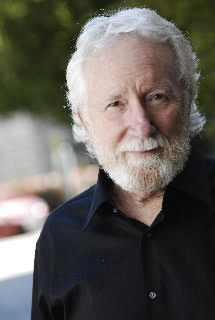
Norm Stamper, Former Chief of Police – Seattle WA
Norm Stamper was a police officer for 34 years, the first 28 in San Diego, the last six (1994-2000) as Seattle’s chief of police. He has a Ph.D. in leadership and human behavior and is the author of Breaking Rank: A Top Cop’s Exposé of the Dark Side of American Policing, and is under contract with Nation Books to complete another nonfiction book.
Stamper has a doctorate in Leadership and Human Behavior. He is the author of many articles and op-eds (New York Times, The New Yorker, Seattle Post-Intelligencer, AlterNet, among others). He has appeared on numerous national television and radio programs, including The Colbert Report, and The O’Reilly Factor. He is also a regular blogger for The Huffington Post. He has appeared in the films 420:The Documentary, and The Union: The Business Behind Getting High.
Since his resignation from law enforcement, Stamper has called for the legalization of all drugs and the case-by-case release of persons incarcerated for nonviolent drug offenses. He serves as an advisory board member for Law Enforcement Against Prohibition (LEAP) as well as the National Organization for the Reform of Marijuana Laws (LEAP), the National Organization for the Reform of Marijuana Laws (NORML), on the Constitution Project’s Death Penalty Committee as well as Death Penalty Focus for Amnesty International, organizations working to end executions. Norm was a founding member of the National Advisory Council on the Violence Against Women Act, and is committed to eradicating domestic violence, child abuse, and sexual assault.
Jason Hernandez

Jason Hernandez – Crack Open the Door
Jason founded CRACK OPEN THE DOOR, a nonprofit, nonpartisan organization that fights tirelessly for anyone sentenced to Life Without Parole for nonviolent drug crimes in the federal system. CRACK OPEN THE DOOR advocates for federal sentencing reform and provides a voice for those who fell victim to the War on Drugs. Jason Hernandez 07056-078 was sentenced to life in prison and while serving what is essentially a death sentence, he knew he had to help not only himself, but everyone serving life sentences for nonviolent drug crimes. On December 19,2013 President Obama granted Jason’s clemency petition that Jason personally wrote, without any legal assistance, and commuted his sentence to expire on August 11, 2015. He is currently living with his family, but he has never forgotten those he left behind.
Jason has been interviewed and filmed by numerous media outlets, including Al Jezerra, Huffington Post, USA Today, just to name a few. He has spoken to audiences numbering more than 1,500 and been published in Opinion Editorials calling for clemency for Latino women, such as Josephine Ledezma and Rita Becerra.

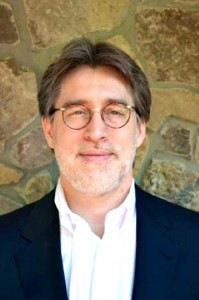
1 comment on “CAN-DO Foundation Advisory Board Members”
Comments are closed.